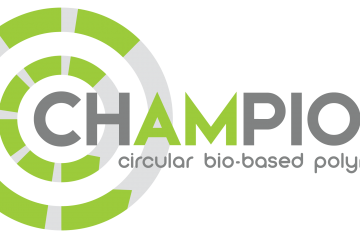Strengths and gaps of the EU frameworks for the sustainability assessment of bio-based products
The high number of bioeconomy (BE) policies and strategies indicates the interest in the BE in many nations. The development of the BE holds opportunities but also risks for sustainability. Thus, the future development of a sustainable BE should be based on coherent policy frameworks. There are already links between private governance approaches and public policy frameworks that might support each other for this purpose.
The aim of this study was to evaluate how the current EU BE policy frameworks consider sustainability aspects and if non-governmental governance approaches could support their enhancement. An inventory of BE policy documents on EU and EU member state levels relevant to sustainability was conducted applying desktop research. Major sustainability risk perceptions in the BE sectors were identified. We provide a list of sustainability risks within different BE sectors, based on an expert survey.
In a qualitative evaluation, most commonly identified sustainability requirements in policy documents were benchmarked against most important sustainability risk perceptions. Sustainability requirements have been identified in 56% of the policy documents. The influence of the policy frameworks on the industry was found to be rather low. Specific targets and goals are included in 72% of the analysed BE policy documents, but only 50% are quantifiable.
Identification of major sustainability risks revealed that in the biomass production stage, mostly environmental risks are most relevant. A “hot spot sector” with accumulated sustainability risk perceptions or a tendency to higher risk levels was not identified. Most important sustainability risk perceptions matched with requirements in policy documents, but requirements were mostly stated in a noncommittal way. Coherence amongst the sustainability criteria included in the various BE frameworks should be increased. Groundwork developed by non-governmental governance approaches should be picked up by policy makers for more harmonised terminologies of sustainability requirements, BE definitions, etc. BE monitoring approaches should take policy targets, sustainability requirements and sustainability risks into account and should adjust them in a dynamic way.




